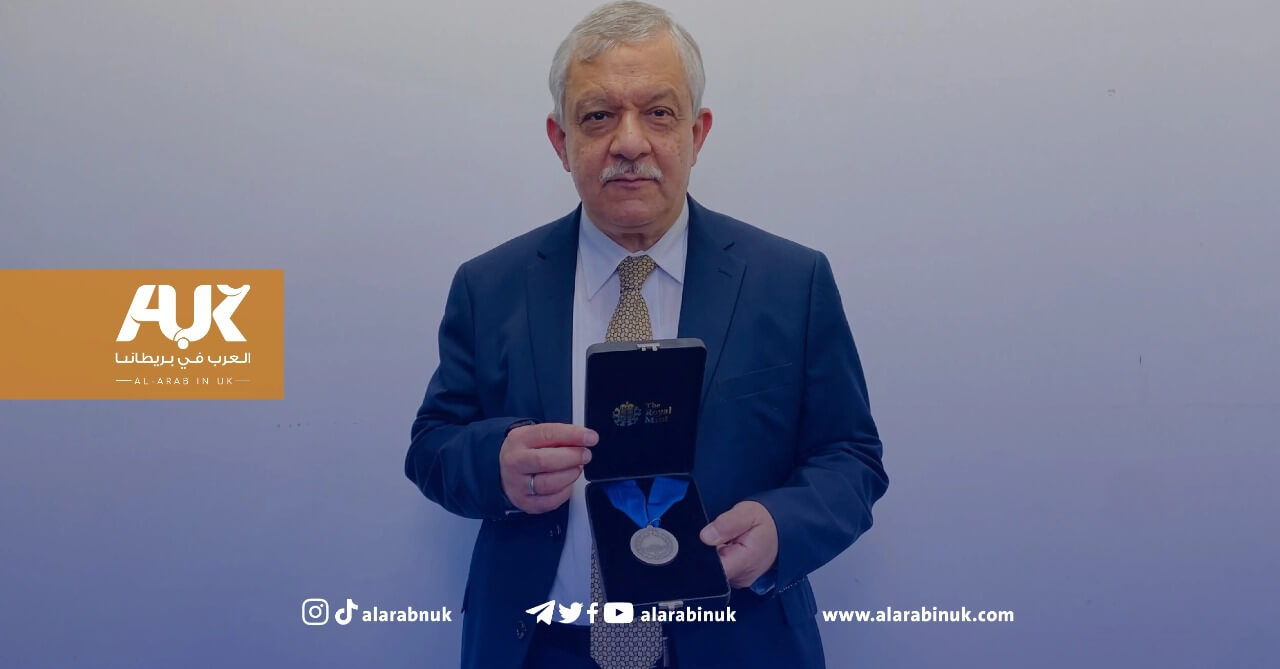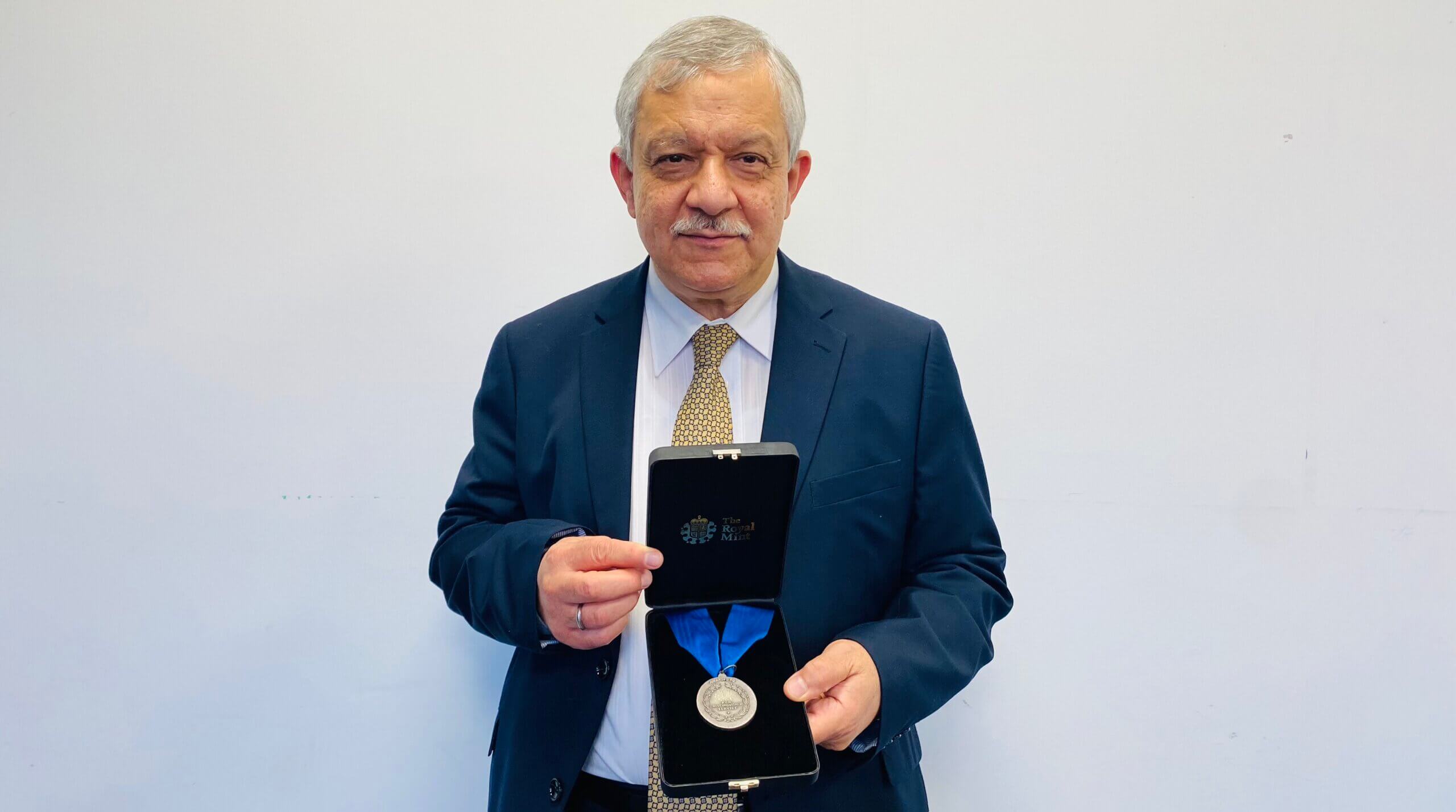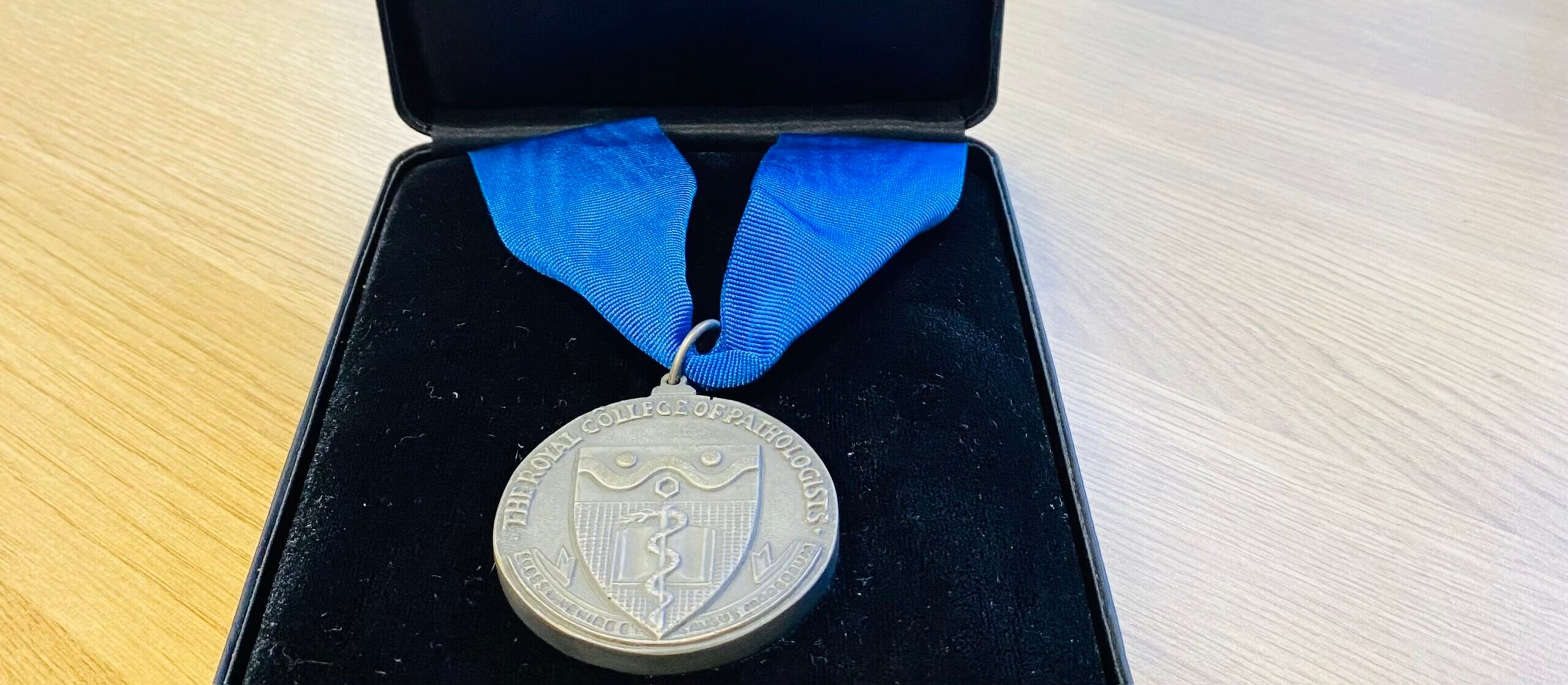Special Interview with Dr Maadh Aldouri

Al-Arab in UK is covering a series of interviews highlighting different members of the Arab community in Britain and their high achievements. As a part of this series AUK interviewed Dr Maadh Aldouri, a consultant who is a member of the Fellowship of the Royal College of Physicians) (F.R.C.P), The Fellowship of the Royal College of Pathologists (F.R.C.Path) and the head of the haematology department at Medway Hospital in Kent. (https://flixtor2.to)
The doctor, of Iraqi origin, who has been residing in Britain for decades, spoke of the different challenges he faced throughout his career as well as the successes he achieved during the interview.
Who is the Dr Maadh Aldouri

AUK: Welcome, Dr Maadh, and we are honoured to have you s a guest of AUK. Would you please introduce yourself to our followers?
AlDouri: Hello to everyone working at AUK, and thank you for giving me this opportunity.
I am Maadh Aldouri, born in 1954 in Baghdad, Iraq. I graduated from the University of Medicine in Baghdad and then I went to the United Kingdom to complete my studies in Hematology in 1981.
In 1988 I graduated from the UK and moved to work in the Kingdom of Saudi Arabia to work as head of the haematology department in the military hospital, specifically in the city of Riyadh. In 1999 I returned to Britain to work as a consultant and head of the haematology department at Medway Hospital of the Naval Forces (Marines) in London for 23 years.
I’m married and I have 4 children; Ahmad, my eldest son who works as a paediatrician, my daughter Rayan who works in family medicine, Ibrahim who works as a social researcher, and my youngest, Sa’ad, who works in transportation management. Alhumdallah.
Contributions of Dr Maadh Aldouri in Hematology

AUK: Can you speak more of Haemthology and explain it to our readers?
AlDouri: Haematology is what it’s known as “The science behind the cure”. To put it more simply it is the speciality that makes it possible to diagnose a patient and prescribe the appropriate treatment for them.
Many diseases are caused by disorders of the red and white blood cells, for example: what is known as blood deficiency due to iron deficiency, or the white blood cell disorder that causes malignant diseases; such as leukaemia.
AUK: From your point of view, Doctor, what is the reason for the spread of anaemia among Arab society in particular, and what is the Royal College doing regarding this matter?
AlDouri: The spread of Malaria in African countries is the main cause of Anaemia. The second reason may be hereditary through consanguineous marriage, as is known in our Arab region.
The Royal College is supporting and supervising blood testing laboratories by providing remote blood donation vehicles.
The college has supported about 20 laboratories in African countries to improve the quality of their work. We have also developed many projects through early blood examination of newborn babies to avoid exacerbation of the disease by providing the necessary vitamins and antibiotics.
We also worked to sign memorandums of understanding with several Arab and non-Arab countries, such as Iraq, Egypt and Pakistan, as well as Myanmar, to train health workers.
Rewarding the Iraqi doctor by the Royal College of Pathologists in Britain
AUK: Tell us about the award you received, and what is the next step.
Al-Douri: The British Royal College celebrates annually the graduation of new doctors. It also honours new research in this field. The award was to appreciate the effort I made during my work as head of and supervisor of research and studies for 6 years.
As for future goals, I am partly retired, but I still work; Because I love my job. I hope to improve the level and quality of workers in Iraq and other countries through seminars and sharing research with colleagues to keep them up to date with everything new in this field.
AUK: Before we end this interview, is there anything you would like to say to Arab youth in Britain?
Al-Douri: I advise doctors to continue learning every day, stay dictated to work, and not to differentiate between who is Arab and who is not. And of course, do not forget your homeland and work on its improvement.
Finally, thank you all, and especially Mr Salah, again for allowing me this opportunity.
رئيس قسم الأمراض في مختبرات شمال كنت الدكتور معاذ الدوري يعلق لـTRT عربي على ظهور المتحور الجديد #أوميكرون ومدى فاعلية اللقاحات المتوافرة معه pic.twitter.com/hp9iQZJhnX
— TRT عربي (@TRTArabi) November 27, 2021
Read More:
King Charles III among Arabs and Muslims in Wales
Richard Boyd .. guest at the 18th edition of the Palestine Festival in Britain
The 18th Palestine Festival in London celebrated by thousands of Arabs and Palestinians
ShortURL ⬇

